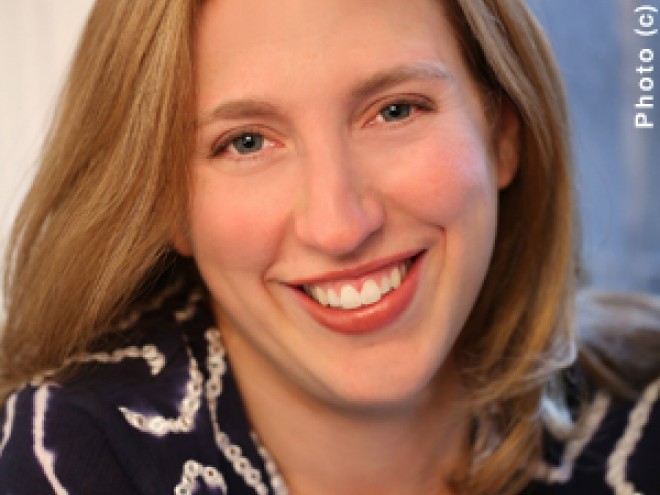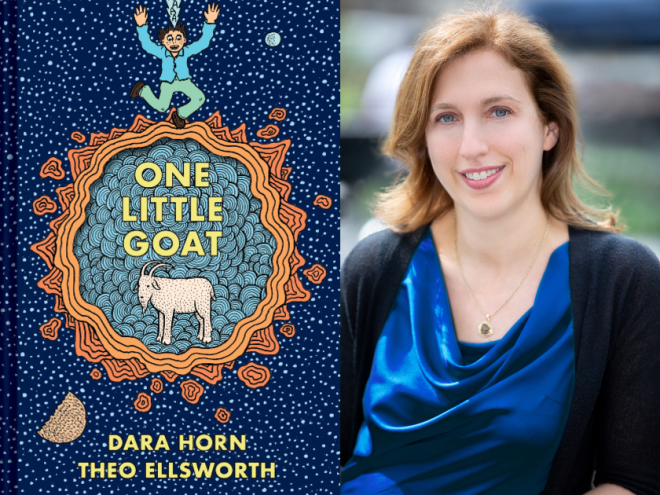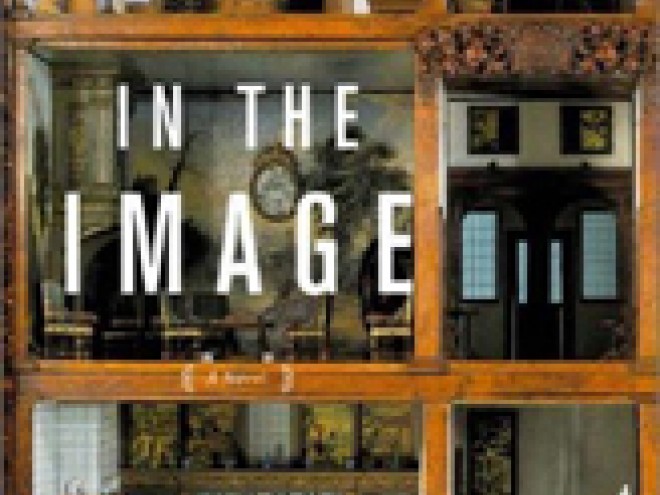Immortality has always fired the human imagination. Homer’s Odysseus spurned eternal life so that he could go home to his wife. The Christian parable of the Wandering Jew sees immortality as a curse: a Jew who mocks Jesus is punished by being unable to die until the Second Coming. Today, high-tech leaders in Silicon Valley are pouring billions of dollars into anti-aging research, hoping to defeat death.
Eternal Life, a novel both adventurous and wise, imagines two immortals as old as the Wandering Jew who dwell among us today. Their lives retrace the journeys of the Jewish people, from Jerusalem to Antioch to Pumbedita, in Alexandria and Aleppo, through Spain and Poland, to America and Israel. Yet this is no allegory — it’s a love story, or many love stories, with the same conflicts and joys and heartbreaks that are part of any life.
The novel’s immortals, Rachel and Elazar, never had the illusion that it would be a blessing to live forever. They made a bargain for reasons great and small and faced the consequences. Elazar suffers from memories of his family over dozens of generations: “I saw every child grow up. And I watched every single one of them die.” It’s almost more than he can bear. Rachel, on the other hand, still lives for her children and grandchildren, as painful as that can sometimes be. Yet she is haunted by the cycles of history. When a few people congregate threateningly in front of a Jewish shop, it reminds her of the many catastrophic massacres that began just that way.
Dara Horn captures the sights, smells, and sounds of Jerusalem under Roman occupation as vividly as she portrays Manhattan in our present moment of blockchain speculation and genetic research. She is also intellectually provocative, musing about explanations of the sotah ritual for accused adulterers, the wording of the Kol Nidre prayer, and the name of the High Priest’s oracular breastplate. Strikingly, Horn has a priest suggest that “the power of the Temple is to make people die without dying. Without the Temple we would have to wait until death to be judged or forgiven by God.” That’s a devastating thought: immortals with no access to Temple rituals are condemned to live without ever being forgiven.
Eternal Life is enlivened by witty, mordant depictions of everyday life. One scene memorably describes a courthouse waiting room as a singles bar: “Everyone is sitting forever, just looking at each other. It’s like an existentialist play.” The novel’s personalities are also delightfully, thoroughly believable — even the ones who make only brief appearances like the man with “overdue papers and unfulfilled obligations swirling around him like a visible manifestation of his harried soul,” or the character who reports “My doctor told me to buy a juicer and it changed my life.”
There are a couple of jarring notes — when, for example, Second Temple Jews discuss empowerment or question authority as if they were emissaries from twenty-first century America. Elsewhere in the novel, a scribe remarks that the Temple has practically “become the country’s central bank,” though there were no central banks in the world until a few hundred years ago. But those lapses are few. Dara Horn brings immense imagination to her gripping story — an ambitious, satisfying, and moving meditation on what we ultimately live for.
Bob Goldfarb is President Emeritus of Jewish Creativity International.





